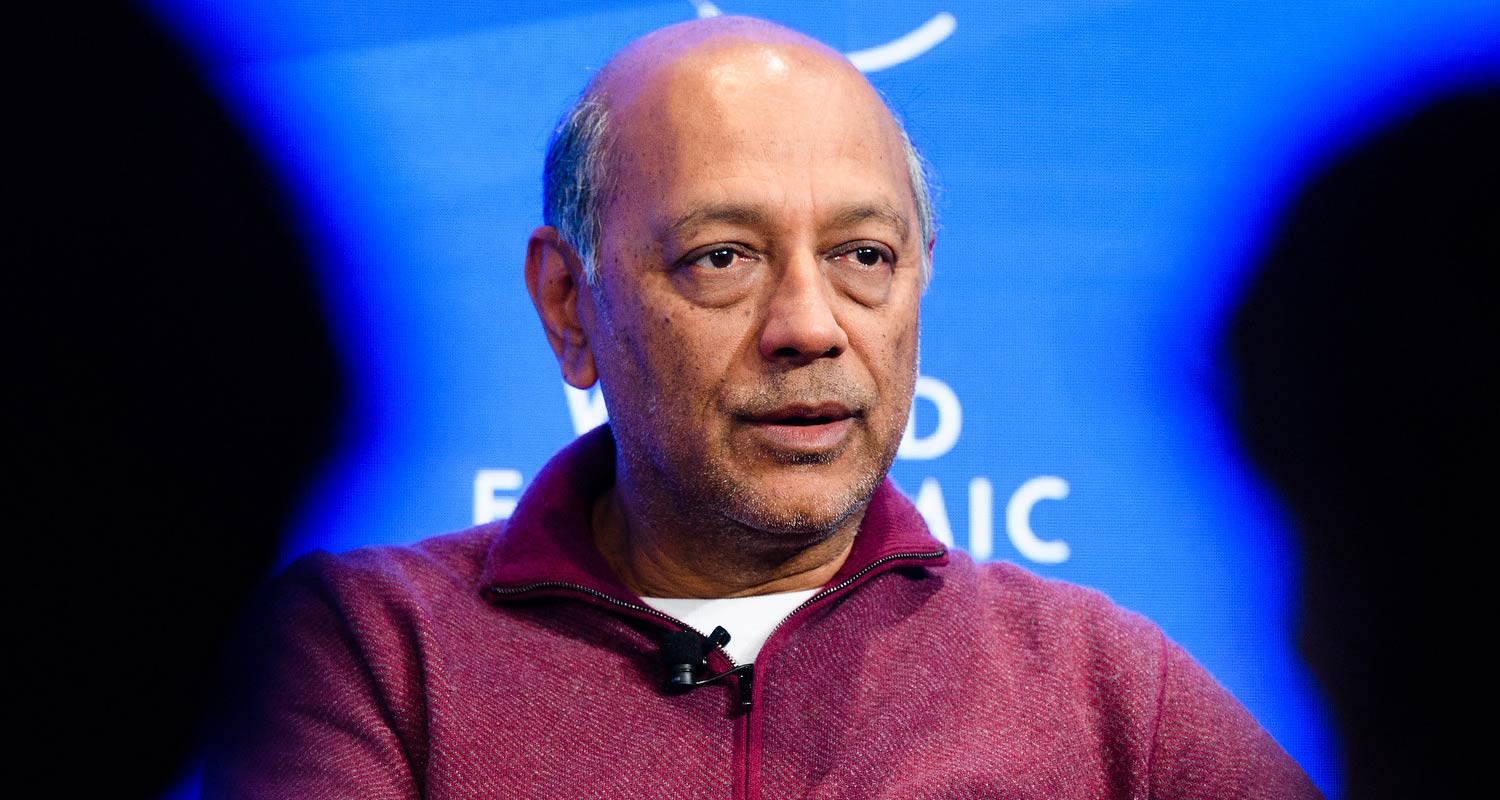US President Donald Trump’s proposed 100% tariff on films produced outside of the US poses a threat to South Africa’s – and more specifically Cape Town’s – film industry, where many international productions do their filming using local talent and skills.
Trump has said that raising tariffs will force production companies to move filming back to the US , benefiting that economy. According to renowned South African film producer Anant Singh, however, Trump’s tariffs are unlikely to impact the choice by US production houses to film in South Africa because their costs locally would still be lower than on US soil – even with the steep tariffs Trump wants imposed.
“I don’t understand the logic, but then many of Trump’s decisions don’t seem to have logic,” Singh said in an interview with 702, a Johannesburg-based radio station, on Tuesday.
“He’s imposing tariffs on films that are shot outside of the US but when you look at the film industry – whether they are shot here, in Budapest or the US – it is American-made movies that generate 90% of global income. A lot of these films are American productions that are shot in South Africa, so is he going to tax his own productions? Who knows?
“They are happy to do it (film) here because if they did it anywhere else [their costs] would probably double.”
Cape Town’s allure to international filmmakers extends beyond its picturesque scenery and low cost. Singh said there are other locations, such as Malta and Greece, that are similarly competitive. Where Cape Town stands out is in the availability of highly skilled, creative technical talent that is among the best in the world.
Examples of high-profile US films that were shot in Cape Town include Tomb Raider, Safe House and Maze Runner: The Death Cure. Mad Max: Fury Road, also shot in Cape Twon and starring South African-born actress Charlize Theron, won 10 Academy Awards at the 2016 Oscars, including Best Picture.
Savings and benefits
For a production choosing to use Cape Town as a shooting location, this means there is no need to fly in technical crews from the US or elsewhere to get the job done. For large productions, these crew members can number in the hundreds. And if they are from the US, they would have to be paid in dollars, too.
What are considered to be savings to production houses translates into significant benefits for the local economy. Beyond offering jobs to local talent, international productions hire equipment such as rigging, cameras and set items from local businesses. The travelling team also spends on accommodation, food, transportation and other services – further boosting the local economy.
Read: MTN Group CEO warns of impact from Trump tariff shock
Although the tariff threat to the local film industry is low – if they are imposed – how they might be imposed is a quandary on its own. Film production is a complex value chain, with many parts outsourced to expertise in different parts of the world. So, while a film could be written and funded in the US and then shot in Cape Town, the post-production work could be done in multiple other countries, even though it is still technically an American production.
The threat of retaliatory tariffs by other countries on American films is another point to consider. According to Singh, US films make “billions of dollars” in China – one of their largest and most lucrative markets – meaning the threat of the Chinese imposing retaliatory tariffs of their own risks putting a big dent in the revenues of US film companies and streaming platforms, ultimately harming the US economy.

Singh expressed doubt that the tariffs will ever be imposed. It would not be the first time that Trump has threatened to impose tariffs that never come to fruition. Following a market downturn on the news of his reciprocal tariff regime – where even penguins on the uninhabited Heard and McDonald islands were subjected to his tariffs – Trump in April announced that he would pause the scheme for 90 days. Markets, including US tech stocks, rebounded following the announcement.
“A hundred percent is a ludicrous amount. I guess we’ll have to wait and see when he backtracks, but I don’t think there is enough teeth on this for it to go far,” said Singh.
TechCentral asked the Western Cape government for comment on Trump’s tariff plan but had not received a response by time of publication. – © 2025 NewsCentral Media
Get breaking news from TechCentral on WhatsApp. Sign up here.
Don’t miss:
Trump’s 25% tariff sparks big concern for SA’s car makers
Crédito: Link de origem


